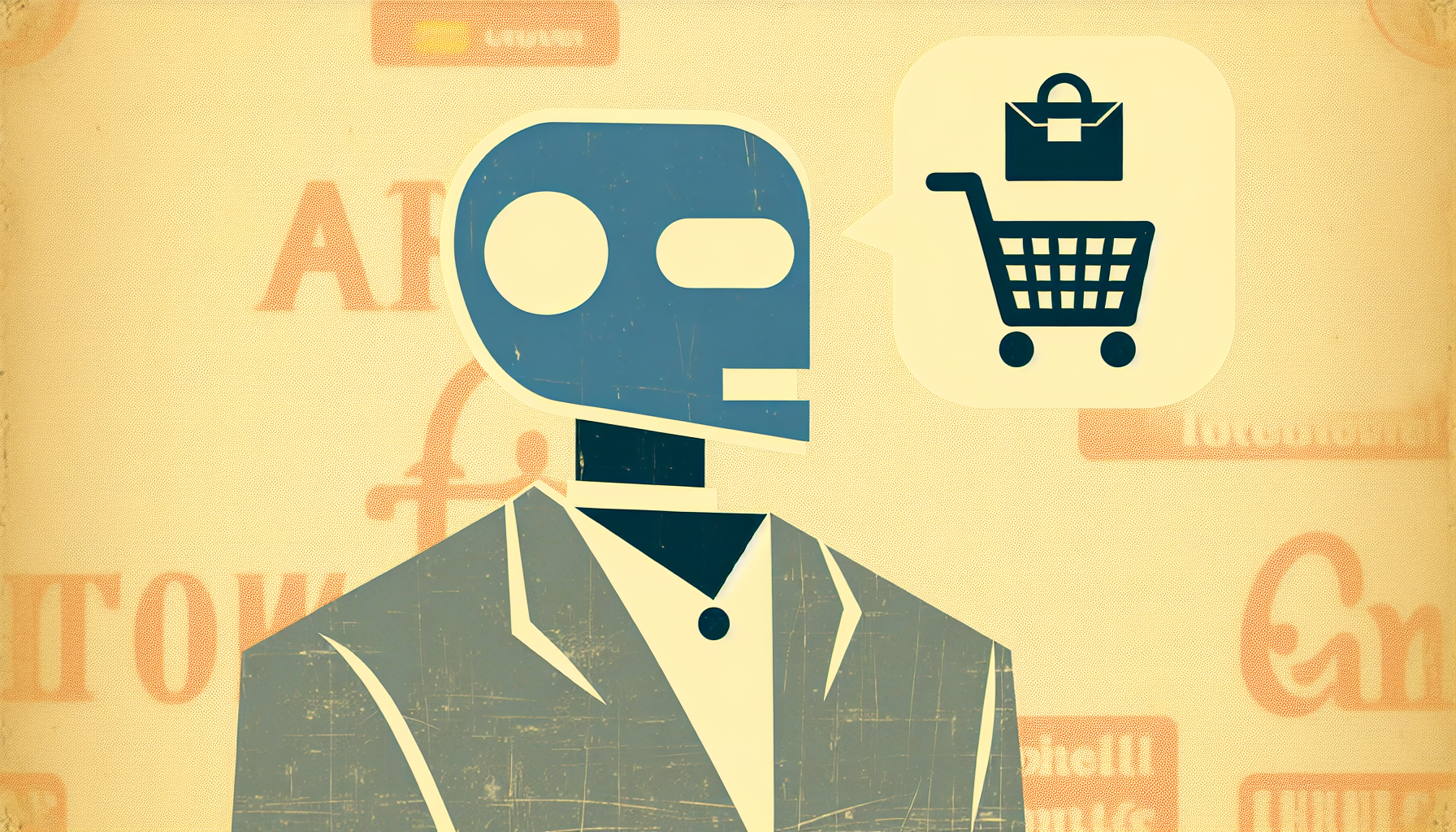In the 21st century, we stand at the threshold of an extraordinary transformation. Artificial Intelligence (AI), once just a fledgling idea, has become a prominent player in our everyday lives. From the voice assistants that help us with our shopping lists to complex algorithms managing financial markets, AI is everywhere. But beyond its utilitarian roles, AI poses profound questions and opportunities around personal identity—questions that philosophers have just started to unravel.
To start, let’s consider what we mean by “personal identity.” Traditionally, it encompasses the beliefs, memories, and values that define an individual. It’s the sense of self that remains unchanged even as we grow older. But enter AI, and suddenly what defines us can become tangled in complex new ways. Who are we, if AI can think, remember, and perhaps even feel like us?
The Mirror Effect
In fairy tales, mirrors were often a gateway to understanding oneself. AI acts as a kind of digital mirror but one that reflects more than just the surface level. By analyzing vast amounts of data, AI systems can predict preferences, suggest career changes, or offer psychological insights. It holds such a revealing light to our choices that it forces us to confront the nature of our authenticity. Are we making choices because we want to, or because an AI suggests that’s what we desire?
Imagine standing in a clothing store: a digital assistant instantaneously gathers your shopping history, analyzes current trends, and whispers the perfect shirt suggestion. While convenient, does this diminish your freedom to explore new styles you may or may not like? Although the prospects of expanded choice manifest through an illusion of endless “personalization,” it may lead to a homogenized identity shaped by AI-driven patterns.
Constructing the Digital Self
AI technologies seem to extend our sense of self into the digital realm. So much so that losing access to one’s social media or digital identity can feel like a loss of a limb. But how reliable is an AI-crafted digital persona? Consider AI tools like chatbots that create human-like dialogues. They can sow doubt about authenticity in human communication. Who’s to say if you’re interacting with a person across the world or an algorithm designed to respond just like you?
This is particularly poignant when it comes to our belongings or digital avatars. If AI continues to create increasingly personalized yet artificial constructs based on our data, personal identity fragments into versions of us spread across digital platforms. Here, we face a paradox: the more AI tries to emulate us, the less it feels like a genuine part of our identity.
The Ethical Quandary
The transformation AI brings to personal identity also imposes a couple of ethical dilemmas. Should we accept AI judgments on who we are and how we should behave? After all, these systems make decisions based on past data points created largely without discussing context, emotions, or future aspirations. Could they potentially fortify existing biases and regressive norms? Better yet, who is accountable when an AI misreads or manipulates an identity?
Imagine being denied a job opportunity or loan based on an AI’s interpretation of your social media history or online behavior. These scenarios expose the vulnerabilities in our dependence on silicon interpretations of human complexities. Thus, while AI provides a route for introspective evaluation, it calls for robust scrutiny of its methods and intentions.
An Opportunity for Introspection
However, not all is dystopian in the world where AI influences personal identity. There is an upside to this digital introspection. AI allows us to see parts of ourselves that might otherwise remain hidden. It uses data to offer insights into habits and preferences we might not have acknowledged consciously. This capability creates an opportunity for self-reflection and growth.
Many of us walk through life with biases—some so deeply ingrained we barely notice them. AI can help shine a light on these unconscious forces. Think about devices that track health: they provide insights not just on physical well-being but on lifestyle choices too. By reflecting on this data, we can choose to adjust and refine our behaviors. AI, in this way, becomes a means of nurturing personal development rather than an opponent to authenticity.
The Art of Balancing
To navigate these philosophical waters, we must strike a balance between embracing AI’s potential and safeguarding what makes us uniquely human. While AI can augment aspects of our personal identity, it remains crucial to retain the agency that defines us. Instead of perceiving AI as the harbinger of a dystopian future or a utopian ideal, we can consider it as an intricate tool—another facet of the evolutionary story of Homo sapiens.
As with any technology, wisdom lies in how we incorporate it into our lives. Perhaps, like a seasoned chef adding a dash of spice, we need only a hint of AI to stimulate our understanding of self, thoughtfully seasoned with introspection and ethical reasoning.
While AI pushes the boundaries of what it means to be human and challenges longstanding conceptions of personal identity, it is us—humans—who choose to direct its influence and evolution. So, while the idea of AI transforming our identities might sound like the foundation of a sci-fi thriller, it could just as easily be the first chapter of a new guide to living meaningfully in a digitally-entwined world.

Leave a Reply